CREATE COURAGEOUSLY
Relationship Worksheets
Use this series of worksheets with your couples, families and small teams when their agenda includes improving communication, deepening empathy, or overcoming obstacles that arise from different relationship toxins.
The Observations & Feelings, Needs & Boundaries, and Love & Forgiveness worksheets can be used in session or as homework.
CHOOSE ALIVENESS
Team Toxins
In this skill refresh, Megan shares a reminder about the Designed Alliance for groups and how to utilize Gottman's Team Toxins in your practice.
DISCOVER PURPOSE
StrengthsFinder Team Grid
Use this formulated excel sheet to separate team's and group's StrengthsFinder talent themes into the Leadership Categories of Executing, Influencing, Relationship Building and Strategic Thinking strengths.
DEVELOP POTENTIAL
IMAGE Salsa Scale & Team Star
Use the information in the Salsa Scale and Team Star to further reveal the system, as a supplement to the IMAGE assessment.
LEAD TO SERVE
If good leadership is moving people from their current place to a better place in a manner that increases the fulfillment and flourishing of both the leader and the led, then in order to lead well we must become students of self and relationships.
As we focus on relationships this month, my challenge for you is to become aware of and responsible for your impact. The concepts of sustainability and neuroplasticity (that our neural networks can and do change based on our choices and practices) infer that our choices matter and have great significance, not just in the lives of our selves but in the lives of those that we are in relationship with and connected to.
One obstacle to sustainable change is the inability to navigate the impact of our decision-making and redesign alliances with strong and compassionate boundaries. Instead, many people either dismiss the importance of the relationships (hello Saboteur!) or choose to believe they can manage another person (oh, there you are Imposter!)
As coaches, there are a few *evidence-based ways that we can begin to practice self-compassion that will immediate impact our relationships as well:
Kindness: Shifting our inner dialogue away from the inner critic, especially during times of experiencing shame and/or disappointment
Mindfulness: Being present and non-judgmental to what is (sometimes we take something that is already painful and add more pain to it with the creation of an unnecessary story)
Common Humanity: When experiencing loneliness, isolation, comparison, or jealousy, asking ourselves the question: “What connects us? How are we similar?”
*Check out more of Dr. Kristin Neff’s work on Self-Compassion!
Questions for Reflection:
Where am I feeling the tension between my personal freedom and the impact of my choices on others?
What internal and external boundaries do I need to create to honor both my values and my relationships?
How does the fulfillment and flourishing of a self connect to the fulfillment and flourishing of the whole?
Affirmation:
I am incredibly powerful. I will be kind to myself and others and mindful of the impact of my choices. As I co-create, I will remember that partnering with humility, curiosity, and courage serves the world more than my individual efforts ever could.
Blessings,







